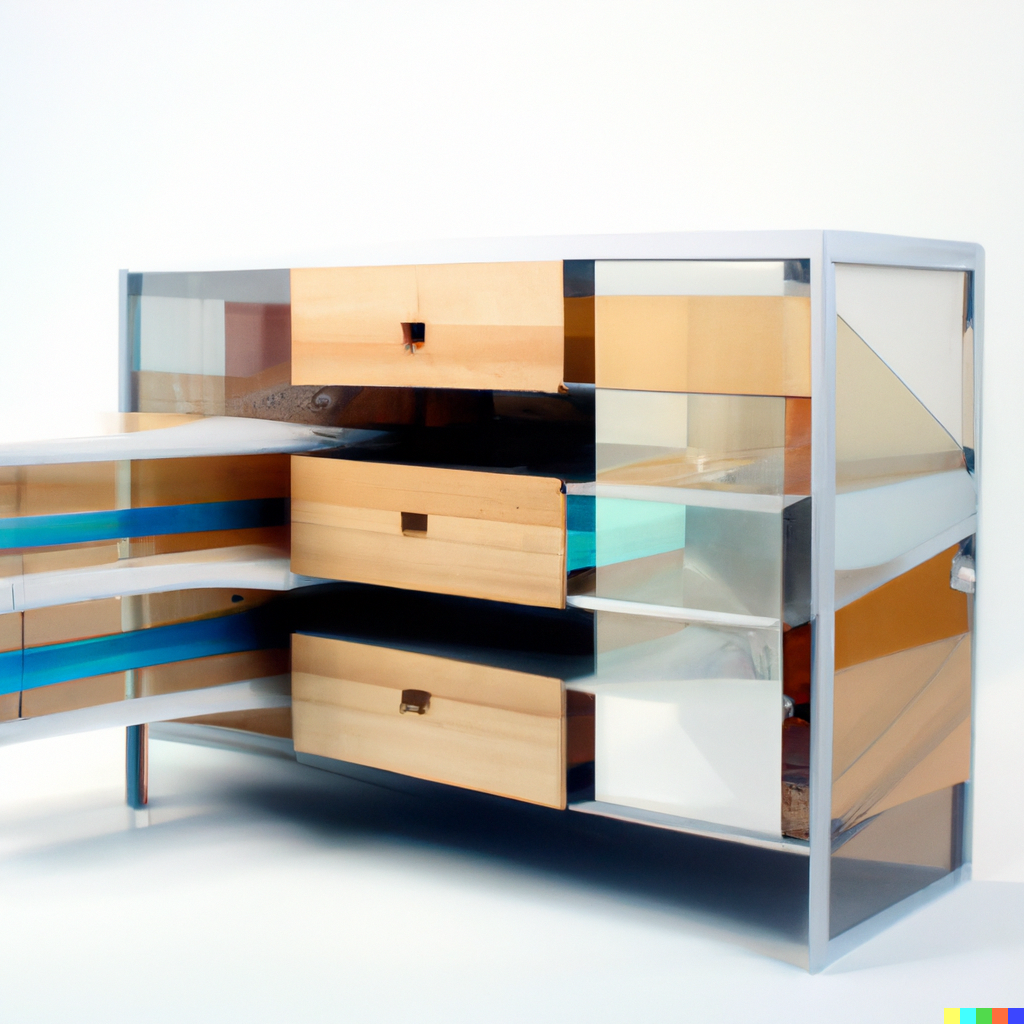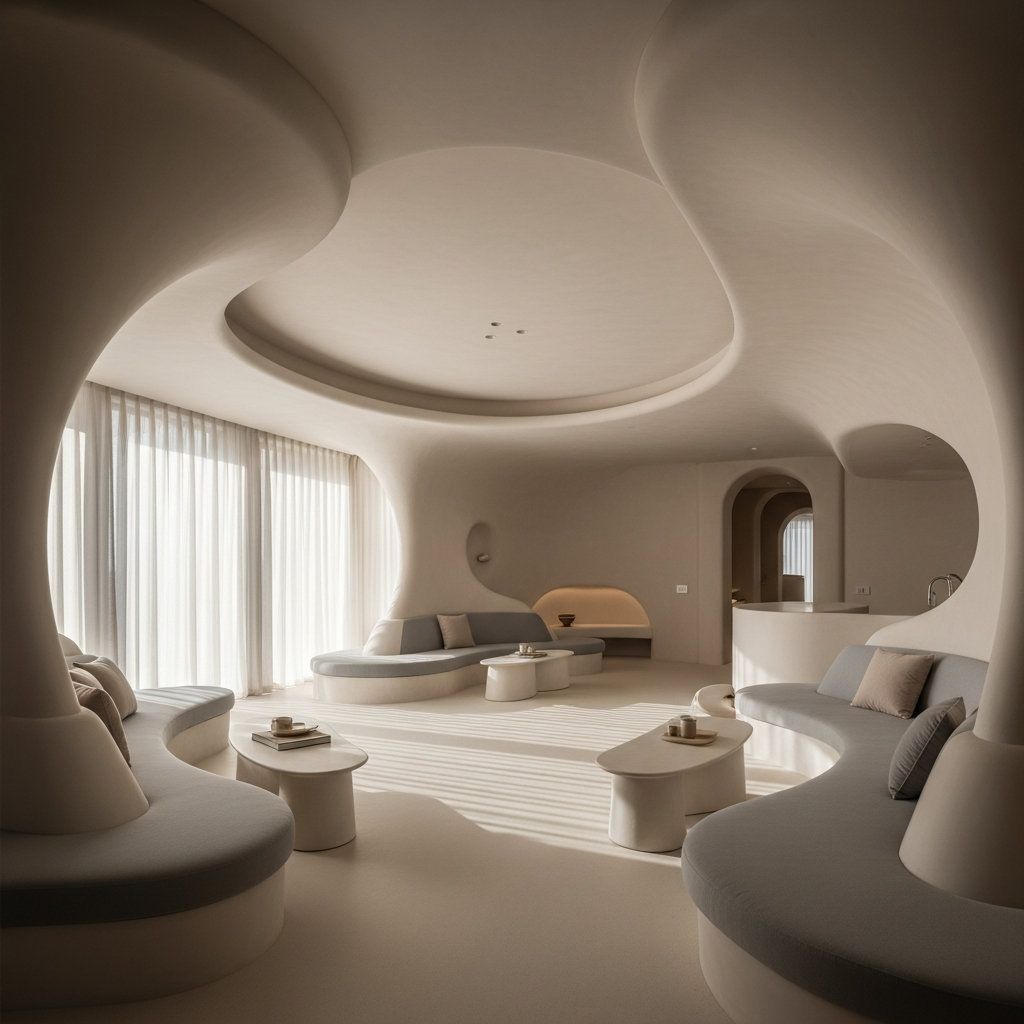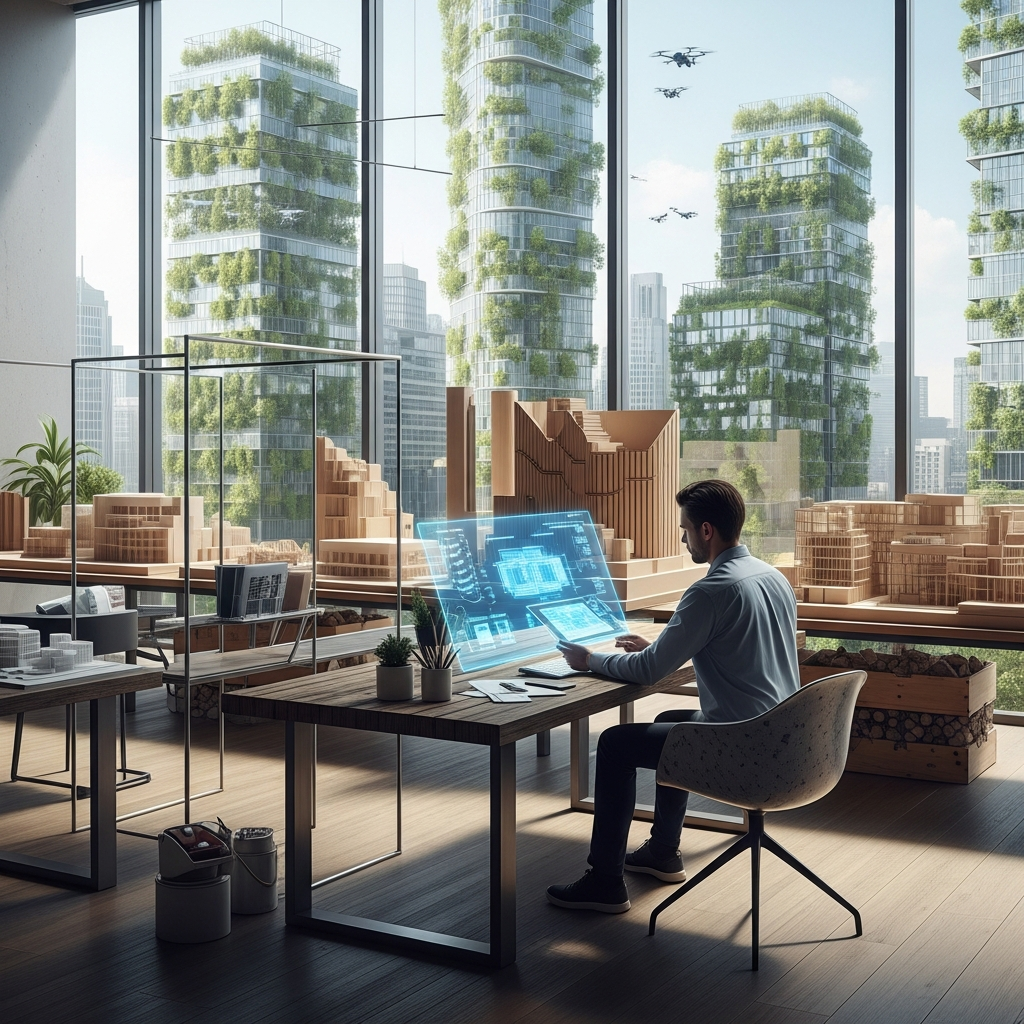Modular Design: Flexible Solutions for a Changing World

Introduction
Modular design is a flexible and sustainable solution to today’s changing world. By breaking down a building or product into individual modules, designers can create easily scalable and customizable designs that can adapt to changing needs. This approach offers numerous advantages in terms of cost, sustainability, and efficiency.
Flexibility
One of the key advantages of modular design is its flexibility. As needs change, modules can be added, removed, or reconfigured, allowing the design to evolve with its users. This approach is particularly valuable in the context of rapidly changing urban environments, where buildings must adapt to new uses and changing demands.
Cost Savings
Modular design also offers significant cost savings compared to traditional construction methods. By prefabricating modules in a factory, construction times are reduced, and waste is minimized. Additionally, modules can be easily transported and assembled on-site, reducing the need for expensive and time-consuming site preparation.
Sustainability
In terms of sustainability, modular design is a clear winner. Prefabricating modules in a factory reduces waste and energy consumption, and the use of standardized components reduces the need for resource-intensive custom fabrication. Furthermore, modules can be designed to be easily disassembled and reused, reducing the environmental impact of demolition and construction.
Examples of Modular Design
In Europe and UK, modular design is becoming increasingly popular in both residential and commercial construction. For example, the Dutch company Sustainer Homes builds sustainable and energy-efficient homes using modular design principles. Their modular homes can be customized to meet the needs of individual homeowners, and they are built using sustainable materials and construction methods.
Another example is the British company Koto, which designs and builds modular homes and cabins using sustainable and low-impact materials. Koto’s designs are based on Scandinavian principles of simplicity, functionality, and sustainability, and their modular approach allows them to adapt their designs to a range of environments and climates.
Conclusion
In conclusion, modular design offers a flexible, sustainable, and cost-effective solution to the challenges of today’s rapidly changing world. By breaking down buildings and products into modular components, designers can create scalable and customizable designs that can adapt to changing needs. With increasing interest in sustainability and efficiency, it is no surprise that modular design is becoming increasingly popular across Europe and UK.





